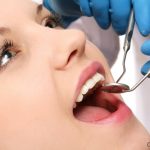Chips and Wisdom Teeth Removal: How Long Should You Wait?
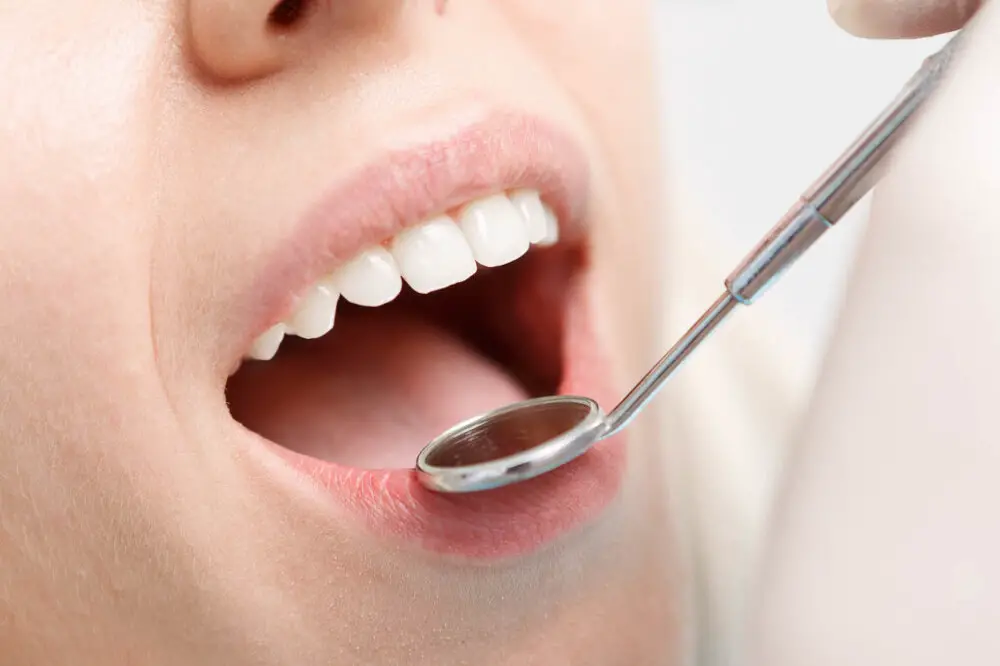
Wisdom teeth removal is a common dental procedure that many people undergo. It is done when the wisdom teeth, the third molars at the back of the mouth, do not have enough space to grow and can cause pain, inflammation, and infection. After the removal of wisdom teeth, patients need to take care of the wound and follow specific instructions given by the dentist. One of the most common questions asked by patients is when they can eat chips after wisdom teeth removal. Chips are a popular snack that many people enjoy, but they can be hard and crunchy, which can make it difficult to eat after oral surgery. In this article, we will explore how long you should wait before eating chips after wisdom teeth removal and what other foods you can eat during the recovery period. Eating the right foods after wisdom teeth removal is crucial for a smooth and quick recovery. After the procedure, the wound needs time to heal, and eating certain foods can irritate the area and delay the healing process. Soft and easy-to-eat foods are recommended, such as mashed potatoes, soup, scrambled eggs, and smoothies. However, many patients wonder when they can start eating their favorite crunchy snacks, such as chips. While chips are not off-limits forever, it is important to wait until the wound has fully healed to avoid any complications. In this article, we will discuss the appropriate time frame for eating chips after wisdom teeth removal and what to expect during the recovery period.
Wisdom teeth removal is a common dental procedure that involves extracting the third set of molars located at the back of the mouth. These teeth usually erupt during late adolescence or early adulthood, but often cause complications due to lack of space in the mouth. As a result, they can grow in crooked, partially emerge, or become impacted, putting pressure on other teeth and leading to pain, infection, and even damage to surrounding bones and gums. In such cases, it becomes necessary to remove them to prevent further complications and maintain oral health. The procedure is usually performed under local anesthesia or sedation, and patients can expect a few days of recovery time before resuming normal activities.
Chips are thin, crispy slices of deep-fried or baked potatoes that are often a popular snack food. However, these crunchy treats can cause complications after wisdom teeth removal. The act of chewing hard and crunchy foods like chips can dislodge the blood clot that forms in the socket where the wisdom tooth was removed. This clot helps to protect the underlying bone and nerve endings, but if it becomes dislodged, it can lead to a painful condition called dry socket. Therefore, it is important to avoid eating chips and other hard, crunchy foods for several days after wisdom teeth removal to promote proper healing and reduce the risk of complications.
What Are Chips?
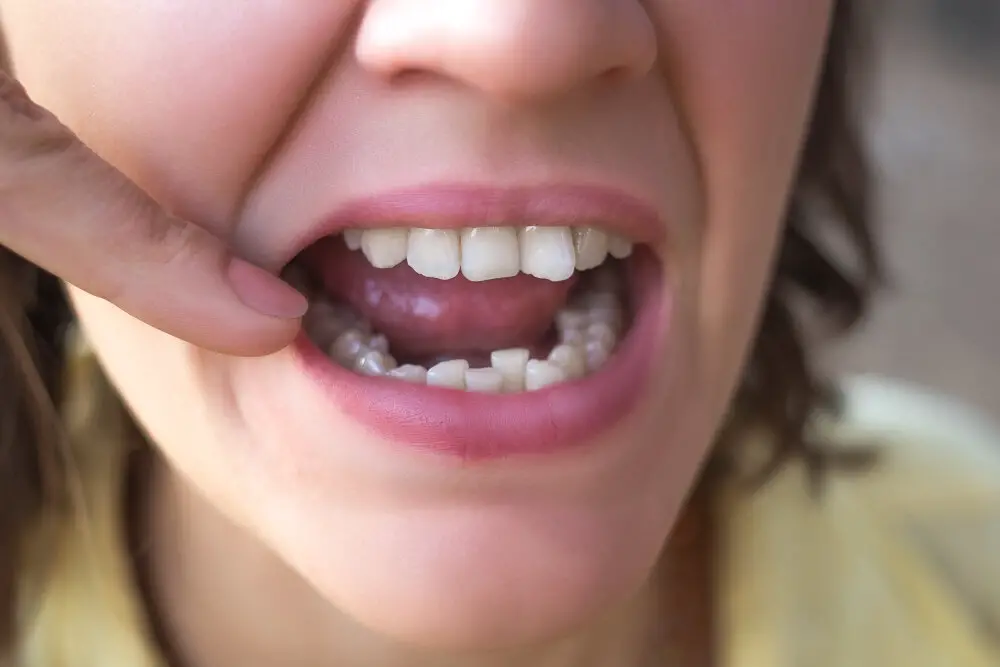
Chips are a popular snack food that comes in various flavors and shapes. Typically made from potatoes, chips undergo a process of slicing, frying, and seasoning to achieve their crispy and savory texture. However, chips can also be made from other vegetables like sweet potatoes, carrots, and beets, as well as from tortillas, corn, and even fruits like apples and bananas. Chips are often enjoyed as a convenient and addictive snack on their own, or as a side dish to sandwiches, burgers, and other meals. Despite their widespread popularity, chips are not the healthiest food option due to their high levels of sodium, saturated fats, and calories. Overconsumption of chips can lead to weight gain, high blood pressure, and other health problems. Nonetheless, chips can be enjoyed in moderation as part of a balanced diet and active lifestyle. It is also important to choose healthier options like baked or air-popped chips, and to avoid eating chips as a replacement for real meals or as a coping mechanism for stress or boredom. In the context of wisdom teeth removal, however, chips may not be the best food choice immediately after the procedure. The sharp edges and hard textures of chips can irritate the sensitive and healing gums, causing pain and bleeding. Moreover, the salt and spices in chips can also increase the risk of infection and inflammation in the mouth. It is recommended to wait at least a few days after wisdom teeth removal before eating solid foods, and to stick to soft, bland, and nutritious options like soups, smoothies, and mashed potatoes. Patients should also avoid using straws or smoking during the recovery period, as these habits can cause dry sockets and delay healing.
Chips are a common snack and a favorite amongst many. However, when it comes to wisdom teeth removal, chips should be avoided. Wisdom teeth removal is a delicate procedure that requires proper care and attention during the recovery period. Chips can be harmful to the recovery process as they can get stuck in the extraction site, causing pain and discomfort. Additionally, the sharp edges of the chips can irritate the gums and prolong the healing process. Therefore, it is advisable to avoid consuming chips for at least a week after wisdom teeth removal to ensure a smooth and speedy recovery.
Chips during the healing process of wisdom teeth removal can be caused by various factors. One of the primary reasons is the use of excessive force during the extraction process, which can result in the breaking of the tooth and the formation of chips. Additionally, the hardness of the tooth can also play a role, as harder teeth are more prone to chipping. Furthermore, the patient’s oral hygiene habits can also impact the healing process, as inadequate cleaning and care can lead to infections and the formation of chips. Other factors that can cause chips include the patient’s age, the type of anesthesia used, and the overall health of the patient. Therefore, it is important to follow the dentist’s instructions carefully and take proper care of the mouth to avoid these complications.
Possible complications from chips can arise after wisdom teeth removal if they are consumed too soon. Chips are hard, crunchy, and sharp, which can cause irritation and damage to the surgical site, resulting in bleeding and pain. Eating chips can also dislodge the blood clot that forms in the extraction site, leading to a painful condition called dry socket. In addition, chips contain salt and spices that can irritate the wound and delay the healing process. Therefore, it is advisable to avoid chips for at least a week after wisdom teeth removal and opt for softer, nutritious foods that are easy to chew and swallow.
How Long Should You Wait Before Eating Chips?

After having your wisdom teeth removed, it is important to follow a strict diet to ensure proper healing and avoid any complications. One of the most common questions that arise after the surgery is how long should you wait before eating chips? Unfortunately, the answer is not straightforward as it depends on various factors. Firstly, it is important to note that chips are a hard and crunchy food that can irritate the surgical site and cause bleeding. Therefore, it is recommended to avoid any hard or crunchy food for at least a week after the surgery. However, this can vary depending on the individual’s healing process and the extent of the surgery. Some people may be able to tolerate soft chips or small pieces of chips after a few days, while others may need to wait longer. It is crucial to listen to your body and follow your dentist’s advice to avoid any complications and ensure a smooth recovery.
After wisdom teeth removal, it is normal to experience some discomfort, swelling, and bleeding for a few days. Typically, the healing process can take around 7-10 days, but this can vary depending on the individual and their specific case. In the first 24 hours, it is important to rest and avoid any strenuous activity. Afterward, patients can begin to gradually introduce soft foods back into their diet. Pain and swelling can be managed with over-the-counter pain medication and ice packs. It is also essential to keep the extraction sites clean by gently rinsing with salt water. Patients should follow their dentist or oral surgeon’s instructions carefully to ensure a smooth and successful recovery.
There are several factors that can affect the healing process after wisdom teeth removal or any dental procedure. One of the major factors is age, as older individuals may experience slower healing due to reduced blood circulation and weaker immune systems. Other factors include the location and size of the extraction site, as well as the complexity of the procedure. Poor oral hygiene, smoking, and underlying health conditions such as diabetes can also negatively impact the healing process. It is important to follow post-operative instructions carefully, including proper oral hygiene and rest, to ensure the best possible healing outcome.
After wisdom teeth removal, it’s essential to follow a strict post-operative diet to avoid any complications or infections. Generally, dentists advise their patients to avoid crunchy, sticky, and spicy foods for at least a week after the procedure. However, when it comes to eating chips, it’s better to wait a bit longer. Chips are hard and crunchy, and they can get stuck in the sockets, causing pain and discomfort. Therefore, it’s wise to wait until the swelling and soreness have subsided, and the sockets have healed to start eating chips again. It’s best to consult with your dentist regarding when you can start eating chips again, as everyone’s healing process is different. In the meantime, you can enjoy softer foods like soup, mashed potatoes, or smoothies to aid in your recovery.
What Can You Eat Instead of Chips?
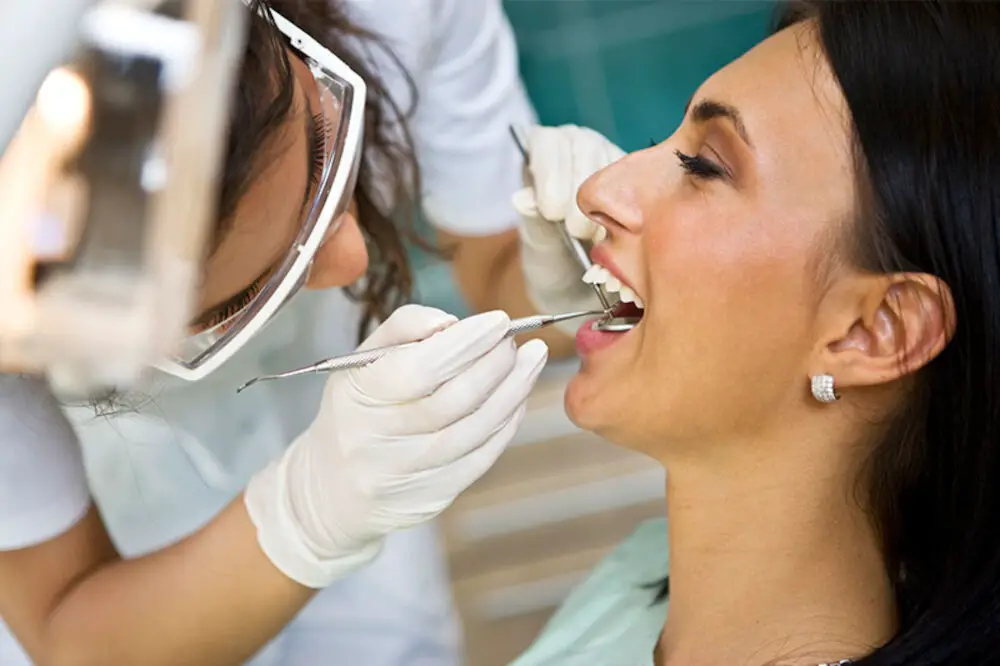
When it comes to snacking, chips are a go-to option for many people. However, if you have recently undergone wisdom teeth removal, eating chips might not be the best idea. The sharp edges of the chips can irritate the surgical site and cause discomfort. So, what can you eat instead of chips? There are plenty of options for those who want to avoid chips after wisdom teeth removal. Soft foods that are easy to chew and swallow are the best choices. Some examples include mashed potatoes, soups, smoothies, yogurt, and applesauce. You can also try snacking on fruits like bananas, berries, and melons, or veggies like cucumber and avocado. If you’re looking for something a bit more substantial, try scrambled eggs, oatmeal, or steamed vegetables. These options are not only gentle on your mouth, but they also provide essential nutrients to help you heal faster. So, next time you reach for a bag of chips, try one of these healthy alternatives instead.
After wisdom teeth removal, it is essential to stick to a soft food diet to avoid any damage to the wound and ensure a speedy recovery. Soft foods are easy to chew, swallow, and digest, which is crucial for healing. Some of the best soft foods to eat after wisdom teeth removal include mashed potatoes, scrambled eggs, smoothies, soups, yogurt, applesauce, cooked vegetables, oatmeal, and cottage cheese. These foods are rich in nutrients and protein, which are essential for the body to heal and recover. Avoid crunchy, spicy, and acidic foods as they can irritate the wound and cause discomfort. It is also advisable to rinse your mouth with saltwater after eating to prevent any infection.
After wisdom teeth removal, it is recommended to avoid certain foods that can cause irritation or harm to the healing gums. Soft foods that are easy to chew and swallow are the best options during the initial recovery period. Foods like mashed potatoes, scrambled eggs, smoothies, and soups are ideal since they don’t require much effort to eat. Additionally, foods rich in nutrients such as protein, vitamins, and minerals can help speed up the healing process. Foods like yogurt, cottage cheese, and cooked vegetables are great sources of nutrition that can aid in the recovery process. It is important to avoid hard, crunchy, or sticky foods like chips, popcorn, and candy as they can get lodged in the extraction site and cause infection or delay healing.
During the recovery period after wisdom teeth removal, it is recommended to consume soft foods to avoid any discomfort or further damage to the surgical site. Some examples of meals that can be made with soft foods include mashed potatoes, scrambled eggs, soups, smoothies, yogurt, oatmeal, and pureed fruits or vegetables. These soft food options are easy to consume and do not require much chewing, making them ideal for individuals with sore mouths. It is important to avoid hard, crunchy, or sticky foods during the recovery period to ensure proper healing and avoid any complications.
Tips for a Smooth Recovery
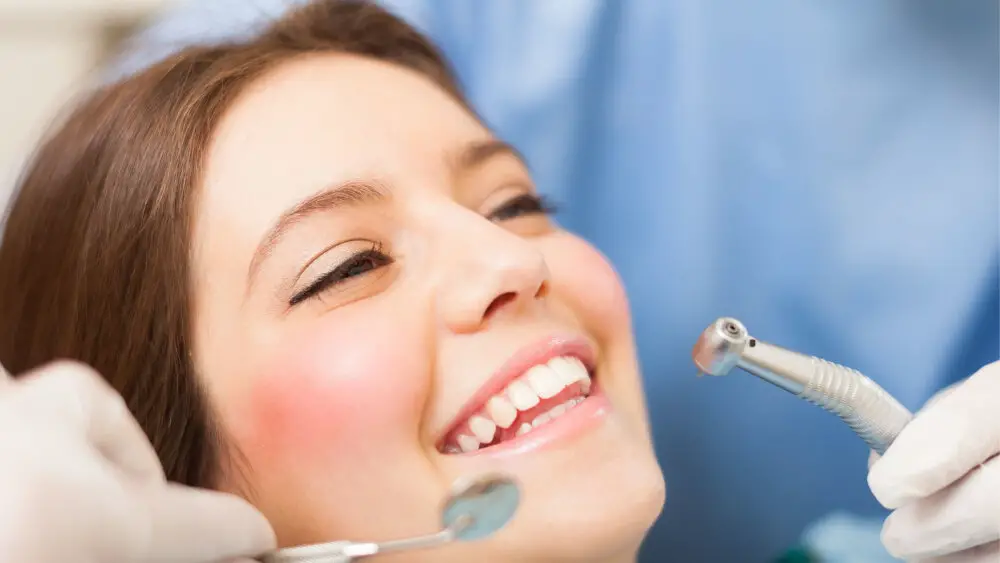
Going through wisdom teeth removal can be a daunting experience, but there are many ways to make the recovery process smoother and easier. Firstly, it is important to follow the aftercare instructions provided by your dentist or oral surgeon. This may include taking prescribed pain medication, using ice packs to reduce swelling, and avoiding certain foods for a few days. It is also recommended to rest for the first couple of days after the procedure to allow your body to heal properly. Another tip for a smooth recovery is to maintain good oral hygiene. While you may be advised to avoid brushing or flossing the area immediately after the surgery, it is important to keep the rest of your mouth clean to prevent infection. Once you are able to brush the area, be gentle and avoid using toothpaste containing harsh ingredients. Drinking plenty of water and staying hydrated can also aid in the healing process. With proper care, most people can expect to fully recover from wisdom teeth removal within a week or two.
After wisdom teeth removal, it is crucial to take care of your mouth to prevent chips and other complications during the healing process. Firstly, avoid hard and crunchy foods that can irritate the surgical site, stick to soft foods like mashed potatoes, yogurt, and soup. Secondly, maintain good oral hygiene by gently brushing your teeth and tongue, and using a saline solution to rinse your mouth. Thirdly, avoid smoking and drinking alcohol as it can slow down the healing process and increase the risk of infection. Lastly, follow the postoperative instructions given by your dentist, including taking prescribed medications and attending follow-up appointments. By following these tips, you can help ensure a smooth and speedy recovery and avoid any potential complications.
After wisdom teeth removal, it’s crucial to follow proper care guidelines to prevent complications and ensure a speedy recovery. Firstly, avoid using straws, smoking, or spitting as these actions can dislodge the blood clot and delay the healing process. Secondly, maintain good oral hygiene by gently brushing your teeth, but avoiding the surgical site for the first few days. Additionally, rinsing your mouth with saltwater after meals can help prevent infection and reduce swelling. Lastly, eat soft, cold, and bland foods like yogurt, ice cream, and soup for the first few days and gradually introduce solid foods back into your diet. By following these guidelines, you can minimize discomfort and promote optimal healing after wisdom teeth removal.
The article \Chips and Wisdom Teeth Removal: How Long Should You Wait\ addresses the common question of how long one should wait after wisdom teeth removal to eat chips. The article explains that the main concern is the potential for food particles to get stuck in the extraction site, causing irritation or infection. It is recommended to wait at least a week before eating crunchy or hard foods like chips, and to start with softer, easier-to-chew foods in the meantime. The article also emphasizes the importance of following the dentist’s specific post-operative instructions and being cautious to avoid complications. Overall, the article provides helpful guidance for those who have recently undergone wisdom teeth removal and want to ensure a smooth recovery process.
After wisdom teeth removal, it is important to be cautious about what you eat to avoid any complications. When it comes to chips, it is recommended to wait at least a week before consuming them. This will give your mouth enough time to heal and reduce the risk of any irritation or infection. Additionally, it is best to choose softer and smaller chips that are less likely to get stuck in the extraction sites. It is also important to be mindful of the salt content in the chips as it can cause dry socket, a painful condition that can occur after tooth extraction. Overall, it is crucial to follow the instructions of your dentist and to listen to your body to ensure a smooth and speedy recovery.
Conclusion
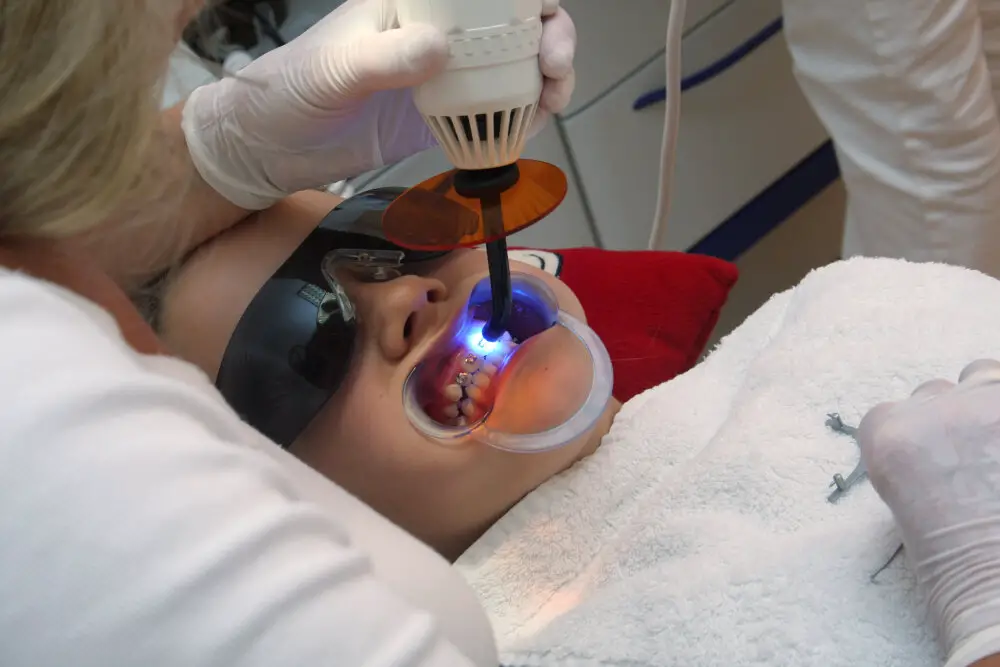
In conclusion, the question of how long to wait before eating chips after wisdom teeth removal is a common one, and the answer is not a straightforward one. While it may be tempting to indulge in your favorite salty snack right away, it is generally recommended to wait at least a week to allow for proper healing and to avoid any potential complications. However, each person’s situation may vary, and it is essential to follow the specific instructions provided by your dentist or oral surgeon. Ultimately, patience and caution are key when it comes to recovering from wisdom teeth removal, and it is essential to prioritize your oral health above your cravings for chips.


